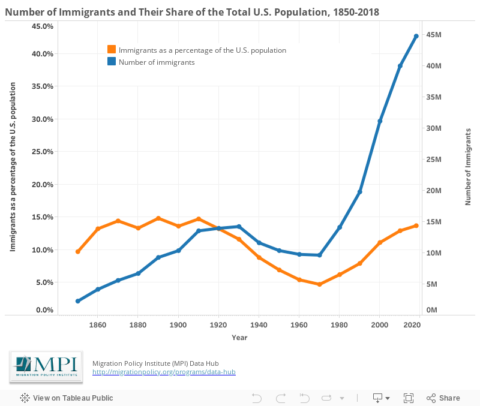Niccolo Soldo’s weekly roundup included a lengthy section on the recent election results in South Africa and what they might mean for the nation’s short- and medium-term stability:
Being a teen, the issue of South African Apartheid didn’t really fit all that well within the overarching Cold War paradigm. Unlike most other global issues, this one didn’t break down cleanly between the “freedom-loving West” and the “dictatorial, oppressive communist bloc”, as the push to dismantle the regime came from western liberals who were in agreement with the reds.
This slight bit of complexity did not faze most people, as Apartheid was seen as a relic of an older world, one to be consigned to the proverbial dustbin of history. It’s elimination did fit well enough into the Post-Berlin Wall world, one in which freedom and democracy were to reign supreme. This was more than enough reason for almost all people to cheer the release of Nelson Mandela and applaud South Africa’s embrace of western liberal democracy.
In the early 1990s, men once again dared to flirt with utopian ideas, and South Africa’s “Rainbow Nation” was to be its centrepiece: out with authoritarianism, racism, ethnocentrism, etc., and in with multiracialism, multiethnicity, democracy and individual liberty. We could all leave the past where it belonged (in the past) and live in peace and harmony, as democracy would defend it, secure it, and preserve it. South Africa would lead the way, and would in fact teach us westerners how it is to be done.
Oddly enough, South Africa quickly fell off of the radar of mainstream media in the West when it failed to live up to these lofty goals. Rather than living up to the hype of being the “Rainbow Nation”, it instead was quickly mired in the politics of corruption and race, showing itself to be all too human, just like the rest of us. South Africa had failed to immediately resolve its inherent internal tensions, whether they be racial, economic, ethnic, or ideological, and by extension it had failed to deliver its promise to western liberals. “Out of sight, out of mind” became the best practice, replacing the utopianism of the first half of the 1990s.
Granted, a lot of grace was given to South Africa by western media so long as Nelson Mandela remained in office (and even after that), but the failures were plainly evident to see: an explosion in crime and in corruption were its most obvious characteristics, ones that could not be brushed under the carpet. The African National Congress (ANC), the party that would deliver the promise of the Rainbow Nation, was instead shown to be little more than a powerful engine of corruption and patronage. Luckily for the ANC, it was fueled in large part by the legacy of Mandela and the goodwill that he had accumulated over the years while he sat in prison.
The post-Mandela era has not been kind to the ANC (nor to South Africa as a whole), as the party could no longer hide behind his fading legacy, and could no longer cash in on the goodwill that came from it. It could “put up”, and would it not “shut up”. The ANC over time became a lumbering beast, too big to slay, but too slow to destroy its opposition when compared to its nimble youth.
What has the party delivered in its three decades of power? It did help dismantle Apartheid, but it did not deliver economic prosperity and opportunity to all. Instead, it simply swapped out elites where it could, preferring to keep the new ones in house. An inability to tame crime and to keep the national power grid running has turned the country into a bit of a joke, especially when it is lumped into the BRICS group alongside Brazil, Russia, India, and China. Despite its abundance of natural wealth, South Africa has been economically mismanaged.
South Africa is an important country to watch for the simple reason that there is so much tinder lying around, ready to be set ablaze. Luckily for South Africans, dire projections of widespread civil strife have not come to pass. Unluckily for South Africans, their national trajectory is headed in the wrong direction. Last week’s national elections saw the ANC lose their parliamentary majority for the first time ever, and the only way to read the results is to conclude that no matter how one may feel about this very corrupt party, it is an ominous sign.








